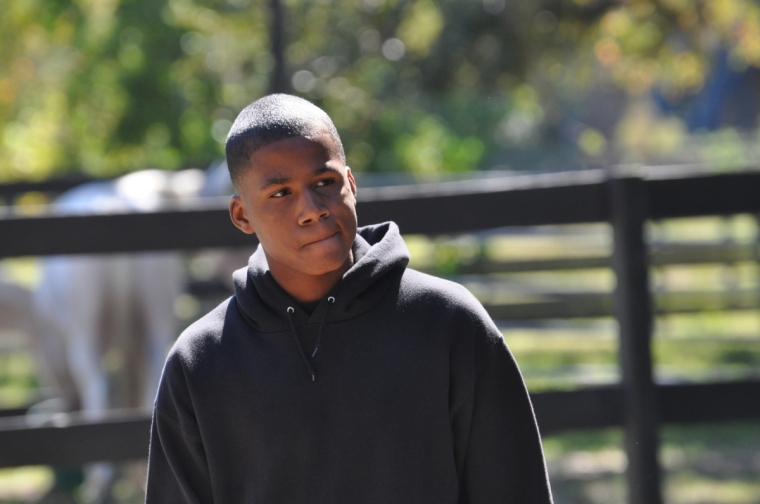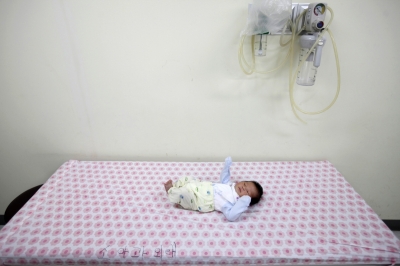Tens of thousands of Florida foster kids may be at risk after Florida Gov. Scott signs law legalizing gay adoption

TALLAHASSEE, Fla. (Christian Examiner) – Florida's faith-based adoption and foster care agencies are "at risk of being legally attacked and shutting down," following Gov. Rick Scott's signature of a longstanding law preventing homosexuals from adopting children, a pro-family leader said.
Similar laws, allowing gays to adopt children – without conscience clauses for Catholic Charities and faith-based agencies that operate foster homes and adoption services – have forced closures of facilities in Massachusetts, Illinois, California and Washington, D.C., according to John Stemberger, president and general counsel for Florida Family Policy Council.

"We are profoundly disappointed in Governor Scott's signing and approving this bad bill," Stemberger said in a news release.
Critics of the new law said earlier this year there were tens of thousands of children in Florida's child welfare system that could be in limbo as a result of HB 7013, set to go into effect July 1.
Some estimates say more than half the children in Florida's foster care system are served through faith-based and private agencies such as the Florida Baptist Children's Homes, an agency of the Florida Baptist State Convention.
A "conscience protection" act passed the House but died in the Senate days before Florida's legislative session ended – a move Stemberger had acknowledged in a news release asking Floridians last week to lobby the governor to veto the bill.
Stemberger said failure of the legislature to pass these protections, and a pending appeal's court case challenging another court's 2010 decision to remove the ban on homosexual adoption -- which prompted the current change in language of a state statute – add "nuances" to the issue which makes the governor's decision to sign the bill a risky proposition.
It is important to note that some private, faith based child placement agencies have expressed concerns that eliminating this provision in statutes will hamper an agency's ability to operate according to its deeply held religious beliefs, and that Florida's Religious Freedom Restoration Act of 1998 does not provide adequate protection.
In a letter attached to the bill, Scott noted a goal of Florida's child welfare system is to find "permanent homes for its foster children."
Noting incentives for adoptive families and educational options, he cited the 2010 court appeal. "The state's adoption law requires officials to assess potential adoptive parents according to the best interests of the child, regardless of the parents' sexual orientation," he said.
"It is important to note that some private, faith based child placement agencies have expressed concerns that eliminating this provision in statutes will hamper an agency's ability to operate according to its deeply held religious beliefs, and that Florida's Religious Freedom Restoration Act of 1998 does not provide adequate protection," Scott wrote.
Giving a lengthy history lesson on Florida's track record of "protecting religious liberty and expression," he said in the letter it is his belief signing the bill "does not harm those fundamental rights."
"It is my hope and expectation that the Legislature will take future action to make clear that we will support private, faith-based operators in the child welfare system and ensure that their religious convictions continue to be protected," Scott wrote. "Florida's laws must protect the free exercise of religious liberty and faith, while protecting Floridians from illegal discrimination.
"These are not, and never should be, mutually exclusive pursuits," Scott said in the letter.
In April, Jerry Haag, president of Florida Baptist Children's Homes, told Christian Examiner FBCH impacted 106,000 children and families in need through Christ centered services last year alone.
"The conscience protection bill is a fantastic solution to making sure faith-based organizations can continue dire care for children throughout the state of Florida," Haag said. "For us, it means assurance we can help 106,000 more children this year and after as we remain committed to our founding beliefs."
Some lawmakers and lobbyists anticipate the "conscience protection" act will be filed again next year.